
Academic Foundation

343 books

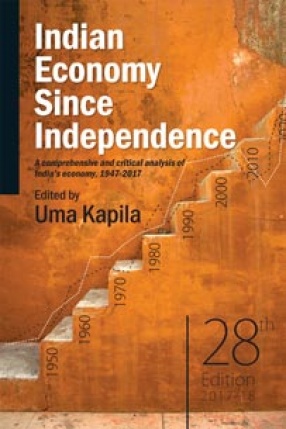

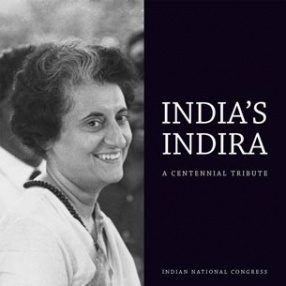
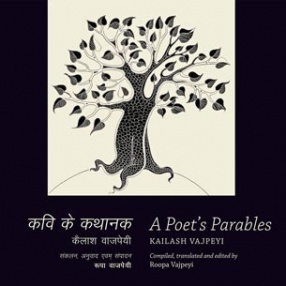
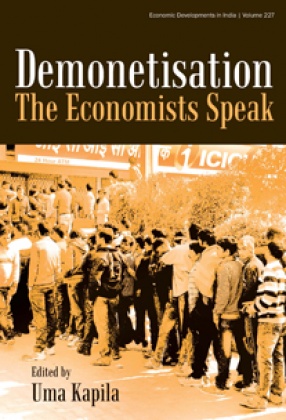
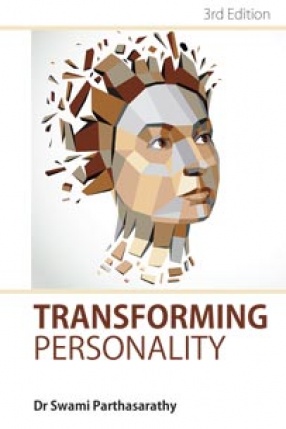
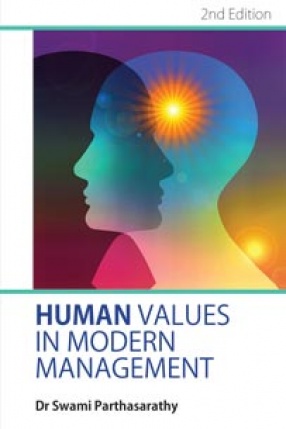
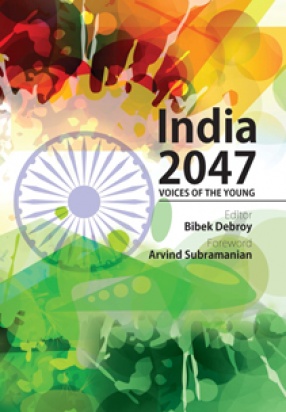


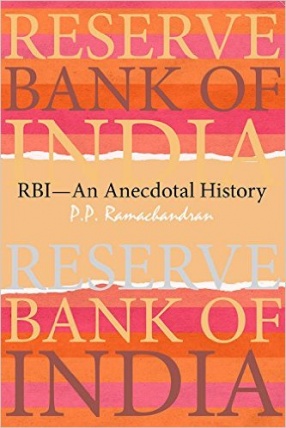
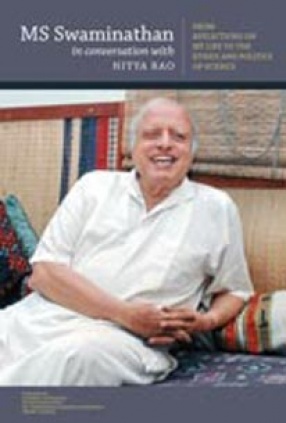
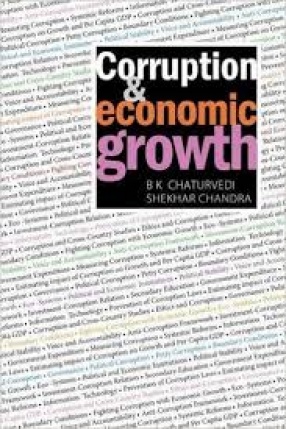



The Himalaya is a cornucopia and convergence of sovereign states, civilisational interaction and indigenous cultures across a stretch of two thousand miles. Its primary cultural influences have been that of Tibetan and Indic civilisations, respectively from the north and the south. Much too often this swath of mountainous and jungle frontier is seen as a territory for division between established states, without much thought to the major influences that impact ...
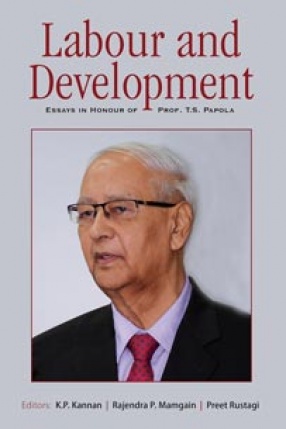
This edited volume brings together current debates and policy concerns through the collection of papers on labour and development ranging from issues of informality, small scale sector; economic reforms; wages and earnings; caste and discrimination; gender and work; sectoral and regional dimensions; to labour institutions, regulation and collective bargaining. The contributors to this volume are well-known scholars who have provided latest information and ...

Indira Gandhi, the illustrious and tallest leader of her times, commanded the respect and admiration of the world. Unwavering in her commitment and displaying courage of conviction, she withstood pressures of powerful blocs and courageously supported causes, which she believed to be right. In her life and martyrdom, she left an endearing legacy. This publication, with a rich collection of articles, archival documents and photographs, attempts to encapsulate the ...

A Poet’s Parables has been compiled, edited and translated by Roopa Vajpeyi to celebrate the memory of her husband Kailash Vajpeyi—a poet and a thinker, a charismatic personality with a mesmerising voice and a vast and variegated spectrum of interests, ranging from poetry and literature to music, religion, philosophy, psychology and esoteric disciplines like astrology, Tantra and quantum physics.
These parables throw light on universal human dilemmas, ...
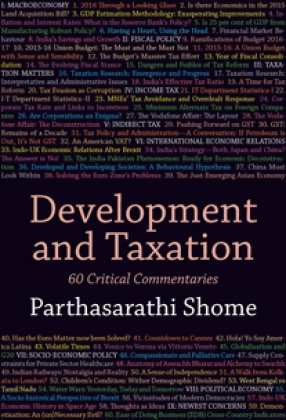
This volume is a collection of selected critical commentaries on various aspects of the Indian and global economies. The author has used a mix of verbal and graphical tools, comprising his thoughts on economic, political economy and social challenges and incorporating analysis, conclusions, and recommendations on those issues. The articles address macroeconomic concerns including the estimation of GDP, savings and growth, inflation and interest rates, financial ...
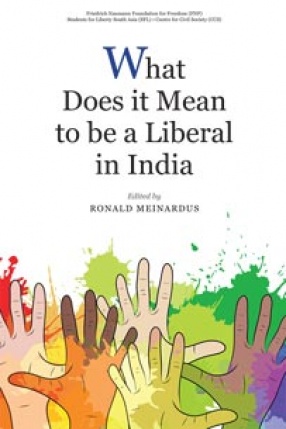
Liberalism in India may be characterised by just three words: “Pseudo, exclusive and misunderstood”, writes one of our authors. This collection of essays wants to unravel the misunderstandings. Young citizens share their views on what it means to be a liberal in India—a nation in the midst of historic transformation affecting all spheres of life and leaving many in search for a suitable political paradigm to guide the way into the future.
Does ...
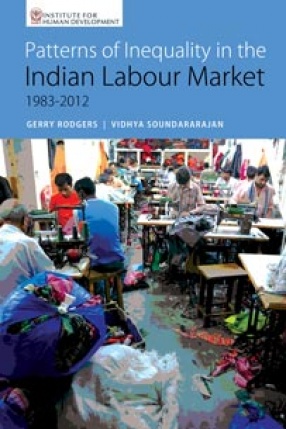
This book is a systematic analysis of inequality in India and how it has been changing since the 1980s. It is focused on the labour market, and in particular on wage inequality, and also examines inequality in household expenditure.
The book looks into the structure and segmentation of the labour market, both in terms of the nature of employment (casual and regular work) and in terms of some of the key divides: gender, caste and community, region and education. ...

Demonetisation has come to describe in India one economic decision that shook a billion people from the very moment it was announced by Prime Minister Narendra Modi on 8th November 2016; from the manifestation shrouded in secrecy, the rationale, the aftermath, the short and the long term economic impact, the social and political fall-out, and much more.
Endless animated discussions in virtually every kind of group at any kind of place, unending serpentine queues ...
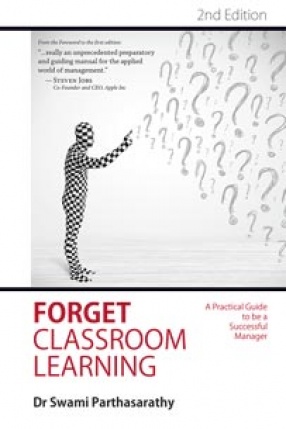
The book, Forget Classroom Learning is differentially explaining the theory of management and describes real life from the manager’s point of view. In doing this, it offers a uniquely illustrated, practical and concrete guide to conducting your business life more positively and to becoming a better manager.

It is the people who constitute the nation rather than the enchanting scenic beauty of a vast and varied piece of land. People reflect the true character of a nation. The country is powerful, if the people are strong and dynamic; civilized, if the people are cultured and wise, and vice versa. The strength and glory of a nation depends on the sum total of the character of each individual constituting the nation.

From the time immemorial, India has discovered the fourth and unique faculty of human life that is ‘value system’, which defines and leads towards the Dharma (Righteousness). This is what makes a human being different from an animal. The quality and quantum of values in practice transforms an ordinary human being into an extraordinary sage or saint.
These values take the primary role of driving the human consciousness, lead humanity towards ...
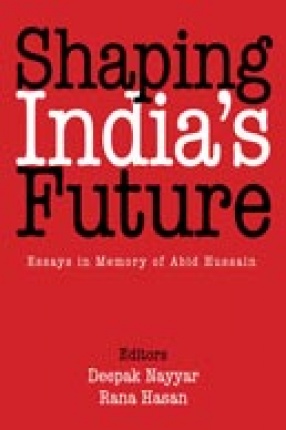
This volume seeks to honour the lifelong passion and commitment of Abid Hussain—a distinguished civil servant, a diplomat, and a concerned citizen of India who contributed to the public sphere in a wide range of areas—for a better India. It includes nine essays covering contemporary issues in economic policy, governance, and society that will shape India’s future over the coming decades. Among the key messages of the essays are that India needs ...
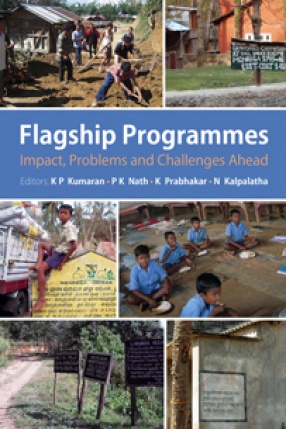
Eleventh Five Year Plan laid special emphasis on inclusive growth with social justice and empowerment of weaker sections. This resulted in introduction of several flagship programmes with focus on welfare of the poor. This volume is an outcome of the national seminar organised by National Institute of Rural Development and Panchayati Raj, Hyderabad, to understand the efficacy of flagship programmes and to improve the process involved in their planning and ...

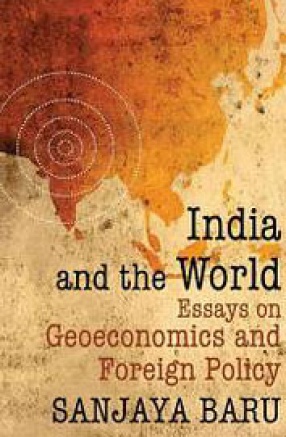
In 2016 India became the world’s fastest growing large economy, overtaking China. India’s resurgence has renewed global interest in the geopolitical implications of India’s economic rise. Sanjaya Baru’s book explores India’s evolving geo-economic relations with the West and with Asia, particularly China, in the aftermath of the global financial crisis of 2008-09. These essays analyze the influence of business and trade on foreign ...


The Fire of a Restless Mind is an exciting portrayal of an Indian fashion designer who aspired to conquer the humongous fashion world of Paris. As the author says: 'My attempt as a designer was to make India proud by representing India on the international fashion-catwalk'. The book carries first-hand accounts of the designer's various experiences, interspersed with unexpected adventures that she encountered in her effort to create an Indian global brand. In the ...

Penned by a 'literary banker' having spent four decades working for India's central bank RBI, this slim book furnishes a brief account of the history, establishment and working of Reserve Bank of India. It portrays brief biographical details, vignettes and contributions of all the Governors of the Bank from the first Sir Osborne Smith to the current Dr. Raghuram Rajan. It contains scintillating and crisp reviews of 27 books on Indian economy and banking written ...

This book consists of two parts, written at different times and with different purposes. They are not sequential, yet belong together. The first tells the story of the life of M.S. Swaminathan, and his dream of securing human dignity through food sovereignty in India, and the second reflects on the implications and nuances of the story.
The first part of the book is more biographical in nature; a large number of experiences throughout his life are discussed, not ...
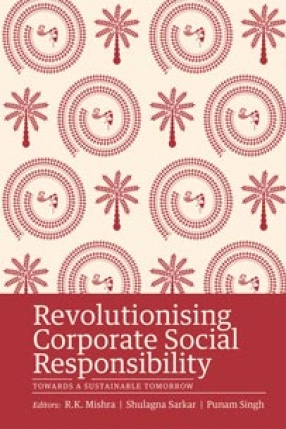
There is a growing realisation that long-term business success can only be achieved by companies that recognise Corporate Social Responsibility (CSR) as part of the process of wealth creation and as providing a competitive advantage. This volume is a compilation of the CSR initiatives of various organisations. It presents the 21st century best practices and the dynamics of CSR for practitioners, academicians and researchers. This book is a sincere attempt to ...

This book examines the concept of corruption, its ethical interface, and its measurement. It looks at economies of about 150 countries in different income groups and using cross-country regression analysis estimates how corruption impacts their economic growth. In the light of experience of some major global economies, it suggests a strategy for meeting the challenge of political and petty corruption. It identifies the drag effect of low incomes on the ability of ...
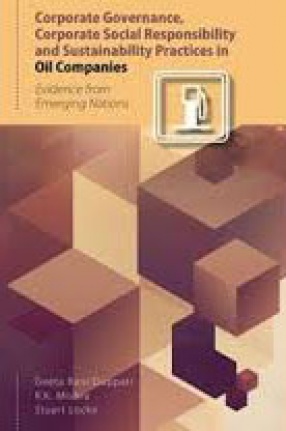
In recent years, corporate governance has gained tremendous importance and interest among emerging and developing countries due to the emergence of global norms for corporate governance and the developments brought about through globalization concerning harmonization of procedures and structures. However, there is a limited research and literature found on the topic compared to advanced economies. The volume is intended for practitioners and aspiring ...
